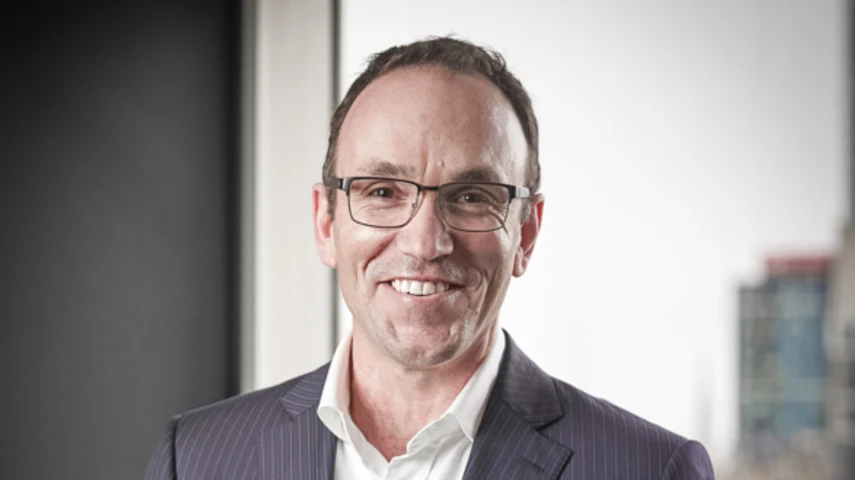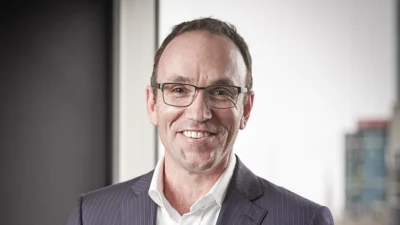The challenges faced by ESG after a ‘euphoric’ period



Ahead of theResponsible Investment Association Australasia (RIAA) annual conference in May, panellist Dugald Higgins from Zenith Investment Partners shares his thoughts on the evolving sector and the challenges it faces.
Higgins, who is the head of responsible investment and sustainability at Zenith Investment Partners, noted a recent market downturn has rattled some investors following several years of strong returns.
“Responsible investing is a segment of the market that has gone through a challenging period on the returns recently, over the last couple of years,” he said.
“I think, probably up until about 2021, the market might have kind of had a bit of a sort of a euphoric detachment from reality when everything was going well, and everything probably came back to earth with a little bit of a thump.
“So, I think it’s always after these inevitable market events, you’ve got to go back and explain to investors and remind them around what the implications are of going down those paths.”
Higgins highlighted some of the confusion clients experienced as a result of the market drop and the need for education to help them better understand how and why these market changes occur.
“Up until 2021, returns for everything, not just sustainable investing but everything in general, were pretty great. And a lot of the sustainably oriented funds were getting turbocharged returns, quite often because of the sectors that they were leaning into and the way these funds were designed,” he said.
“When you get the inevitable market pullback, they then got turbocharged negative returns as well, and nobody likes that. Nobody likes to invest in something, and then suddenly have it go down 40 per cent. That’s just a fact of life.
“But I think it’s getting people to understand well, why did that happen? Is this a failure of the product? Or is this actually just how markets work? And this is normal.”
Higgins added that clients can often misunderstand what responsible investing is, leading to discontentment from them.
“I think the other one, though, is that a lot of investors don’t really have a great sense of what it means to be a responsible investor in terms of the funds that you pick,” he said.
“I think it’s very easy to think that, well, everything that’s green is good, and everything that’s good is sustainable. And hey, guess what, the market seems to be proving that that delivers a better result.
“It’s very easy to go and think that will just keep on going on forever. But it doesn’t. And so you can get very disillusioned. All of a sudden, you realise it’s just not that simple. Everything comes with compromises; there are no perfect solutions in this space, or in any space.”
Recognising the complexities of RI as a concept in general, Higgins said, like all investing, it is not a one-size-fits-all sector as clients’ values and needs vary widely.
“Let’s face it, investing generally, there is no investment fund of any type anywhere that is suitable for everybody. It just doesn’t work that way. And I think in responsible investing, particularly, that kind of content is doubly important, because these funds can be very nuanced,” he said.
“Some people think that you shouldn’t be investing in fossil fuels, for example, other people think that ,‘Well, there are actually some companies with exposure to fossil fuels that, yes, while being dirty now, they are trying to transition to a cleaner tomorrow. Therefore, that’s why you have the exposure.’
“Some people will be violently opposed to that. And that’s OK, because it’s all up to the discretion of the individual. One investor’s idea of green is not compatible with another investor’s. So, this concept of no one fund being perfect for everybody is really amplified.”
Moving forward, Higgins said there is an opportunity for advisers to educate their clients and better prepare them for the future.
“What the focus is now, on the back of those challenges having manifested themselves, this is a great opportunity to go back, reset and re-emphasise the elements of that conversation,” he said.
“To say, these are the concessions that you’re going to have to put up with.”
Dugald Higgins will be participating in the panel A Marathon, Not a Sprint: Looking Past Near Term Challenges at the RIAA Conference, held on 1–2 May 2024.
Recommended for you
Net cash flow on AMP’s platforms saw a substantial jump in the last quarter to $740 million, while its new digital advice offering boosted flows to superannuation and investment.
Insignia Financial has provided an update on the status of its private equity bidders as an initial six-week due diligence period comes to an end.
A judge has detailed how individuals lent as much as $1.1 million each to former financial adviser Anthony Del Vecchio, only learning when they contacted his employer that nothing had ever been invested.
Having rejected the possibility of an IPO, Mason Stevens’ CEO details why the wealth platform went down the PE route and how it intends to accelerate its growth ambitions in financial advice.















Dugald makes a great point that not everyone's definition of green is the same and gives a good example. Funds have been caught out by being invested in companies that, according to their PDS, they shouldn't. ASIC greenwashing cases will no doubt continue. I can see that PDSs in the future may need to be less binary and state tolerances and ranges for differing types of classifications ..... and not just the typical asset allocation type classifications. i.e. "No more than 2% in Fossil Fuel related stocks with an aim to reduce by 0.5% each year". Or something like that. Wanting to measure and watch their funds get greener over time is an objective for many (most?) investors.